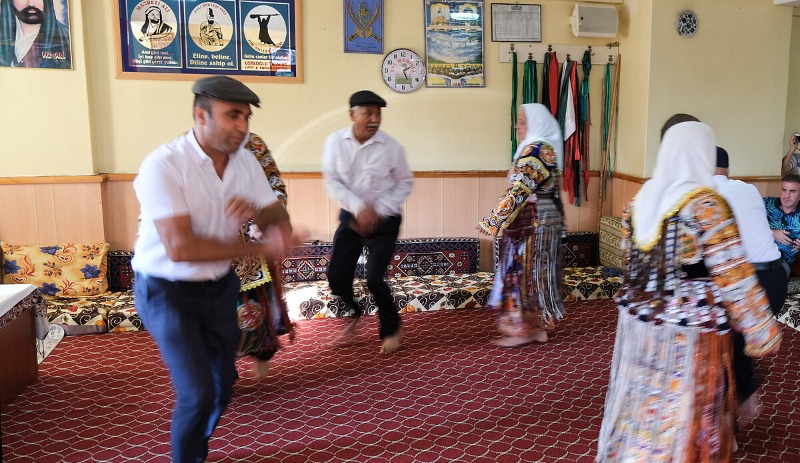Several associations of Turkey’s largest religious minority decided to protest a new reform by the government on November 8 in Ankara when the new legislation will be voted on in the national assembly, Deutsche Welle Turkish reported.
The representatives of associations say the bill only relates to the cultural aspects, but does not meet the demands for the recognition of Alevism as a religious belief.
Ismail Ates from the Pir Sultan Abdal Association said he wanted to inform the deputies during a commission meeting while the bill was prepared, but met with insults, especially from the deputies of AKP.
“Let alone meeting our demands, this reform portrays cemevis, our places of worship, as a problem. We oppose this law,” Ates said, adding that the government was trying to assimilate the Alevis by putting their religious leaders on payroll.
Alevism is a religious belief in which Prophet Muhammad’s son-in-law Ali and his descendants are regarded as sacred. Like Shia Muslims, they adhere to Twelve Imams as the rightful representative of Islam, rejecting the legitimacy of the following caliphates who they say contrasted the imams.
The new initiative was launched by Turkish President Tayyip Erdogan last month, to resolve some of Alevi community’s lingering problems by establishing a new state authority to provide funding and staff for the cemevis.
The state institute called the Alevi-Bektasi Culture and Cemevi Presidency within the culture ministry will be responsible for cemevi construction, paying bills, maintaining educational and other religious activities, the government said. The new entity will consist of one president and 10 members, not necessarily of Alevi belief.
In August, Erdogan, for the first time in 20 years, visited a cemevi in Ankara, dining with the elders on the occasion of a religious duty. Later that same month, he joined a commemoration ceremony for an Alevi sufi reiterating his support for the community.
Source:gerceknews


